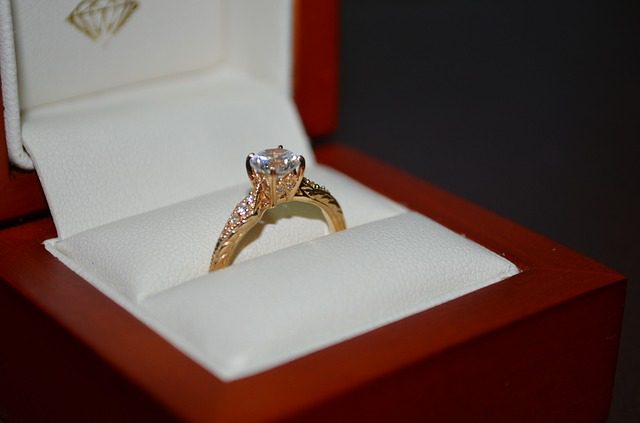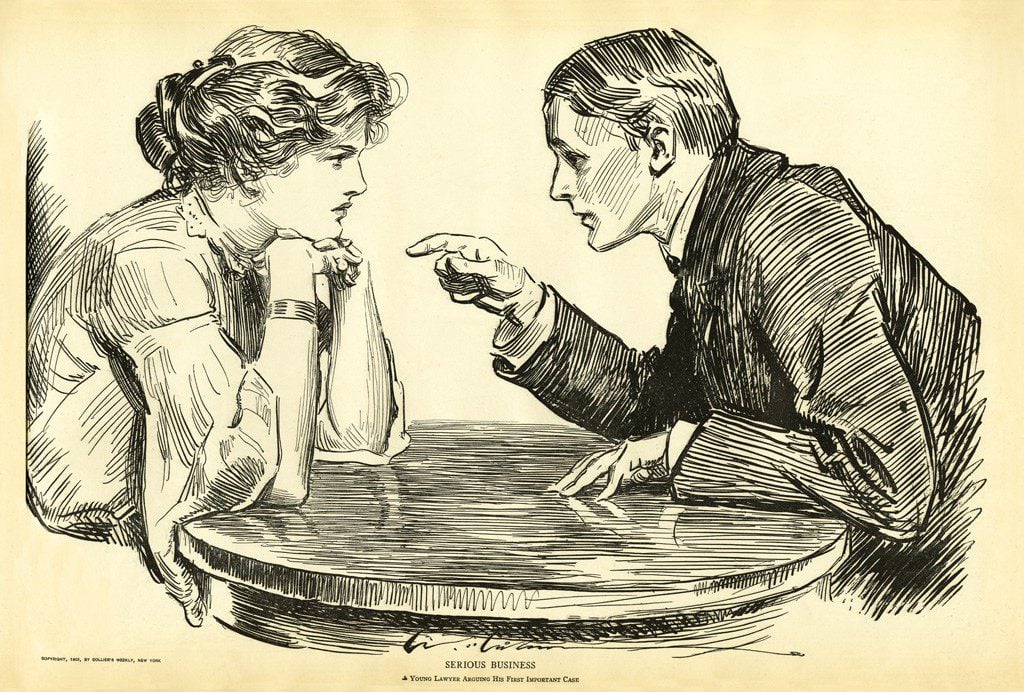Marriage, it seems, is at a crossroads.
“I think we’ve reached a tipping point where people are asking whether marriage works for them,” says Susan Pease Gadoua, licensed therapist and co-author of “The New ‘I Do’: Reshaping Marriage for Skeptics, Realists and Rebels” (Seal Press).
. . .
If marriage isn’t responsible for improving society, the institution is freed up to accomplish a more individual, deeply felt goal: namely, improving the lives of the people who enter it.
As marriage becomes increasingly optional — no longer necessary for child-bearing, economic survival or social acceptance —individuals who decide to tie the knot can approach their union as a relationship designed to, above all else, foster a happier, healthier life. And they can tailor and nurture theirs accordingly.
“The New ‘I Do’,” which Gadoua co-authored with journalist Vicki Larson, encourages couples to individualize their marriage contracts to fit their specific needs.
“Couples are tweaking the institution to fit their needs even if it looks pretty much like a traditional marriage from the outside,” they write. “Serial monogamy, blended families, open marriages, covenant marriages, commuter marriages — these variation-on-the-theme arrangements are already happening.”
. . .
Marriage researcher Eli Finkel, a professor of psychology at Northwestern University [says that] financial stability, parenting, socializing and day-to-day existence can certainly be helped along by a stable marriage. But because all are possible outside of marriage, Finkel says, we’ve begun to view marriage as a “voyage of self-discovery.”
“It’s about taking the time and exerting the effort to understand and discover what your partner is trying to achieve in life — and what you’re trying to achieve in life — to help each other find the best versions of yourselves,” he says. “These things are a lot more difficult to achieve than what we’ve traditionally asked of marriage, but they’re exponentially more fulfilling.”
. . .
[Recommending that parents spend more time with each other, he says] “It’s hard for your partner to understand the core essence of your nature and help you achieve personal growth if you’re not sharing meaningful conversations and experiences.”
So marriage is now (a) a means of obtaining benefits from the state, after a careful cost-benefit analysis, (b) a means of obtaining social recognition for your relationship (either in general, as a “type” of relationship, or specifically, by obliging family and friends to recognize your spouse), and (c) a vehicle for personal growth.
A “voyage of self-discovery”?
“Find[ing] the best version of yourselves”?
Where do we go from here?
This is the worst formulation I’ve seen yet — for, after all, if marriage is all about making yourself happier, how do you make it through the rough patches? Why would you even try?












